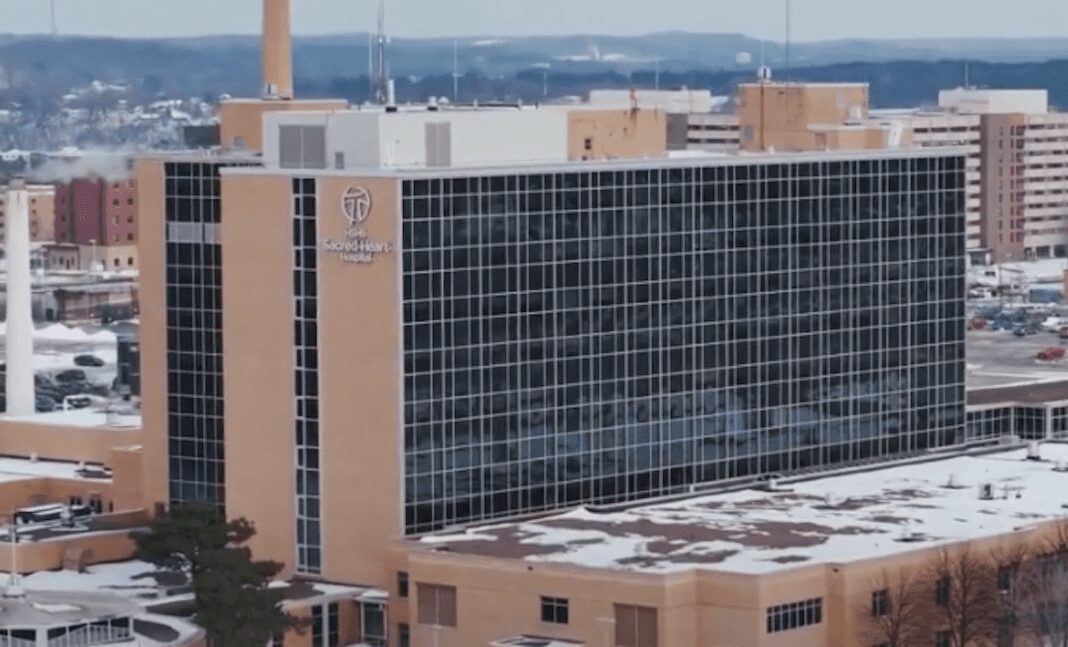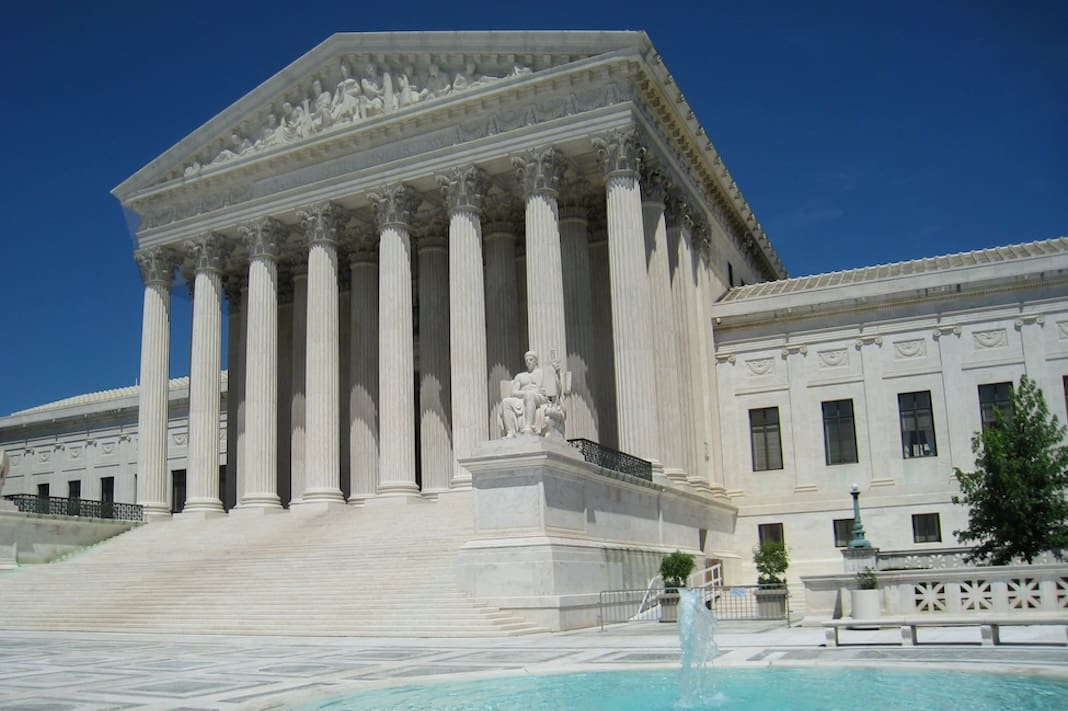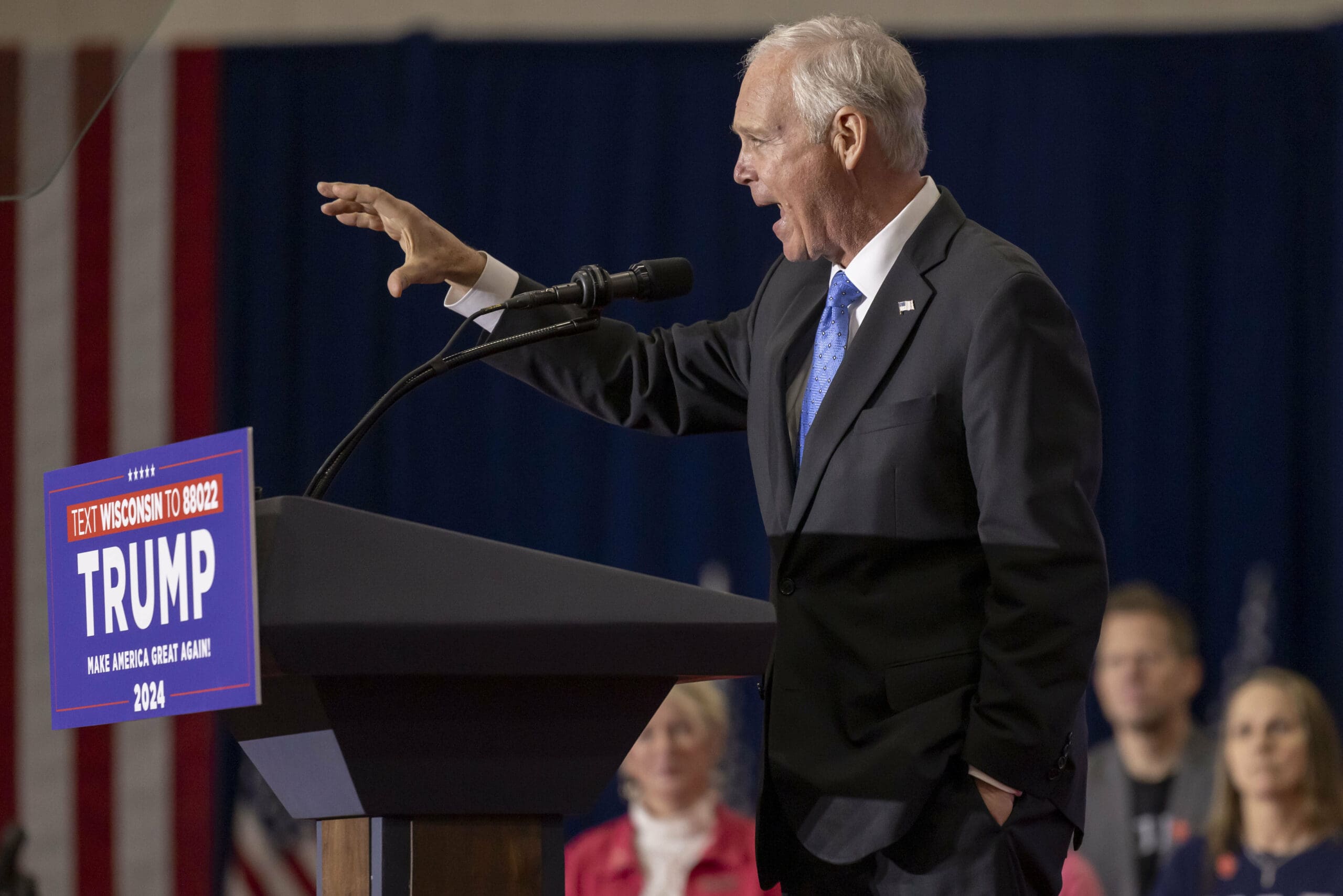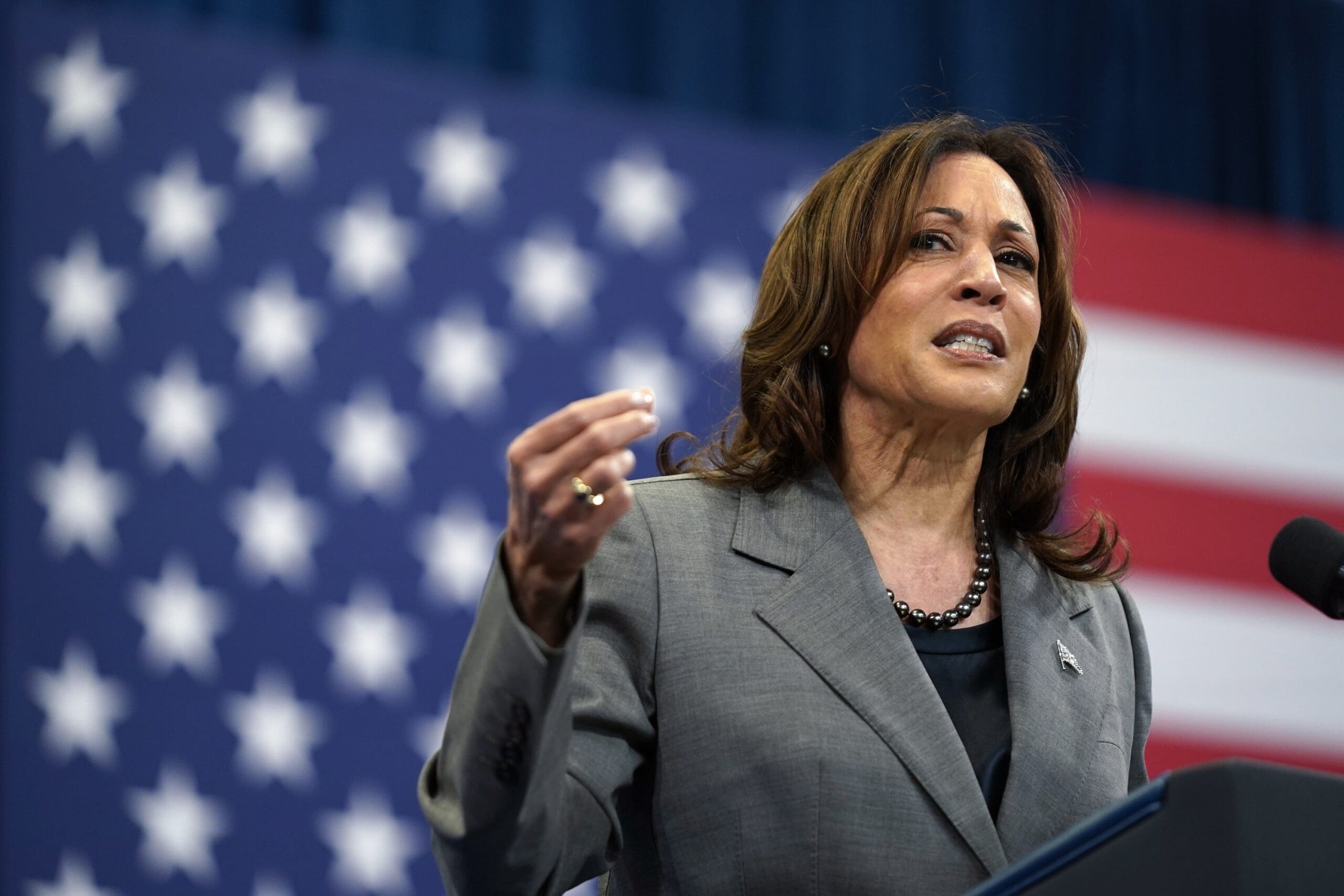Wisconsin providers stop offering abortions as state considers 1849 ban in wake of Dobbs

Nick Vachon
An 1849 Wisconsin law that bans abortion faces legal challenges.
With the overturning by the U.S. Supreme Court on June 24 of the ruling in Roe v. Wade in 1973 that affirmed a constitutional right to abortion nationwide, a criminal statute enacted in Wisconsin in 1849 now makes it illegal to provide or obtain an abortion in the state except to save the life of a pregnant woman.
While legal challenges to the 1849 law are expected, Planned Parenthood of Wisconsin said it would temporarily suspend abortion care in the state after the Supreme Court’s ruling in Dobbs v. Jackson Women’s Health Organization. Wisconsin Public Radio reported Friday that no doctors were providing abortions in the state and that clinics in neighboring Illinois and Minnesota were bracing for a surge in out-of-state patients.
The law, which was passed just one year after the territory of Wisconsin became the 30th state, makes the termination of a pregnancy after conception by anyone other than “the mother” a felony punishable by up to 15 years in prison but, the law says, “does not apply to a therapeutic abortion which: (a) Is performed by a physician; and (b) Is necessary, or is advised by 2 other physicians as necessary, to save the life of the mother; and (c) Unless an emergency prevents, is performed in a licensed maternity hospital.”
The Wisconsin State Journal reported that Lisa Boyce, a spokesperson for Planned Parenthood of Wisconsin, said of the exception, “This law was not written by physicians, and the language is incredibly vague and lacking medical specificity. … Therefore, we are forced to try to interpret the law through both a medical lens and a modern lens, and those interpretations can vary depending on who you are talking to — one of the many reasons this ban is so concerning for both providers and patients.”
The law may be unenforceable as written. Marquette University law professor Chad Oldfather told Milwaukee ABC News affiliate WISN: “It was certainly a different world with respect to the the status of women, right? So women generally speaking throughout the United States [didn’t] have the right to vote. I think social understandings of women were radically different at the time. … Medical technology was nowhere what it is today and our understanding of things like fetal development and so forth were undoubtedly different as well.”
Democratic Wisconsin Gov. Tony Evers promised to pardon any doctor charged under the 1849 law and called the ruling in Dobbs “an absolutely disastrous and unconscionable decision by the U.S. Supreme Court, the consequences of which I hoped to never see again in my lifetime.”
Wisconsin’s Republican-controlled Legislature, already drawn in Republicans’ favor and recently redistricted as an even more extreme partisan gerrymander, sent Evers five bills that would’ve restricted abortion, all five of which he vetoed in December 2021.
Wisconsin Attorney General Josh Kaul, also a Democrat, says his office will not enforce the ban.
“Even if courts were to interpret that law as being enforceable, as attorney general I would not use the resources of the Wisconsin Department of Justice either to investigate alleged violations of that abortion ban or to prosecute alleged violations of it,” Kaul told the Associated Press last December.
While several Wisconsin district attorneys have concurred, all of the Republicans running in the primary to take on Kaul, who is up for reelection in November, have said they would enforce the 19th-century ban.
According to the Milwaukee Journal Sentinel, Adam Jarchow, a former Republican state senator, said, “I applaud the court for protecting innocent life. Unlike the lawlessness of our failed Attorney General, Josh Kaul, I will uphold Wisconsin law.”
The Republican speaker of the Wisconsin Assembly, Robin Vos, tweeted, “Safeguarding the lives of unborn children shouldn’t be controversial. Today’s decision reaffirms their lives are precious and worthy of protection.” While Vos said he would not seek to ban what he called “pre-sex birth control”, he has signaled he would consider a ban on the morning-after pill and other forms of emergency contraception; Vos co-sponsored a bill in 2005 that would have banned them from University of Wisconsin campuses, but the Wisconsin Senate did not take it up.
Vos said in May that he personally supports adding exceptions for rape and incest to Wisconsin’s ban, but added that it was unclear if support exists in the Republican caucus to pass such legislation.
“I believe that if a woman is raped or a victim of incest that she should have a right with their family to decide what’s the right choice for the child,” Vos told the Milwaukee Journal Sentinel in May after the draft of the Supreme Court decision in Dobbs leaked. “Now, I do believe it’s a child, so I think that by and large most people would choose to carry to term but I think that’s a choice that I have always said the mother should make.”
The two leading candidates running for the Republican nomination for governor, former Wisconsin Lt. Gov. Rebecca Kleefisch and Trump-endorsed businessman Tim Michels, both reject adding any exceptions for rape or incest to Wisconsin’s abortion ban.
Kleefisch tweeted in response to the Dobbs decision, “Now the abortion debate goes back to states like Wisconsin, where it always belonged. As a state we must hold firm for the voiceless and protect their right to life — and that means enforcing the laws we have on the books. I remain committed to my 100% pro-life stance.”
Wisconsinites remain broadly supportive of abortion rights. In a poll conducted just before the Supreme Court’s decision was announced, 59% of surveyed voters said they thought abortion should be legal in all or most circumstances. Just 11% said it should be illegal in all cases.
Published with permission of The American Independent Foundation.




